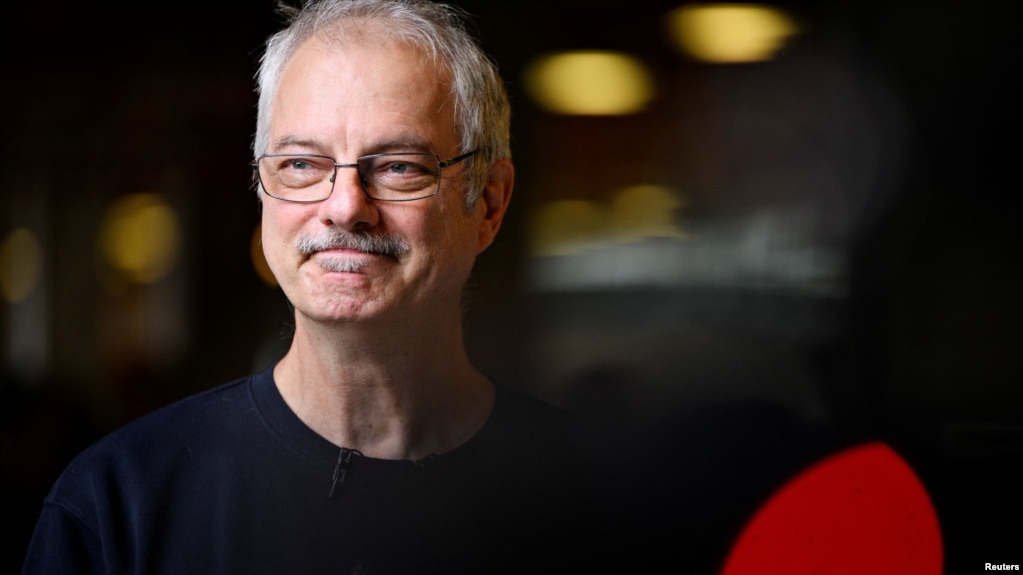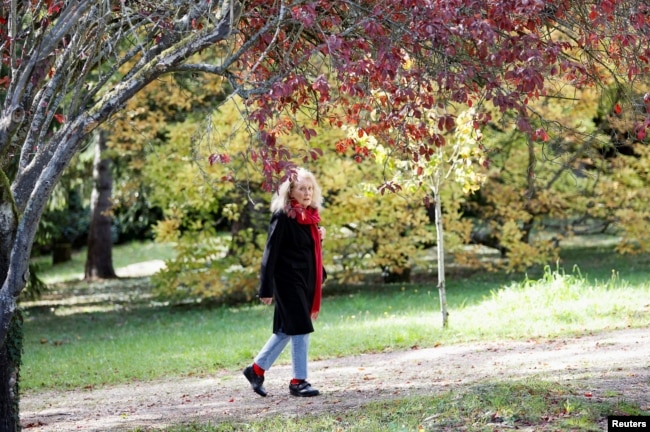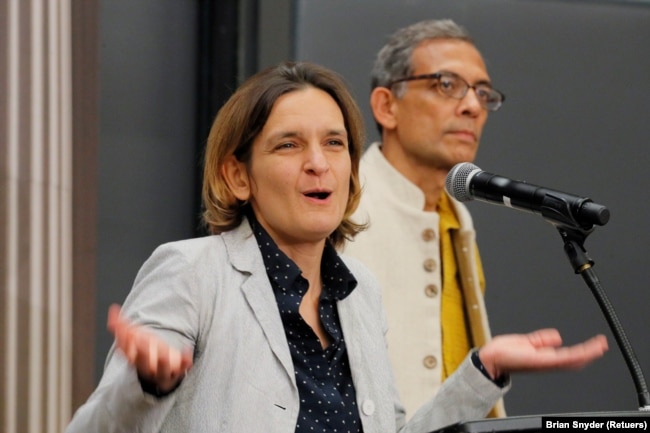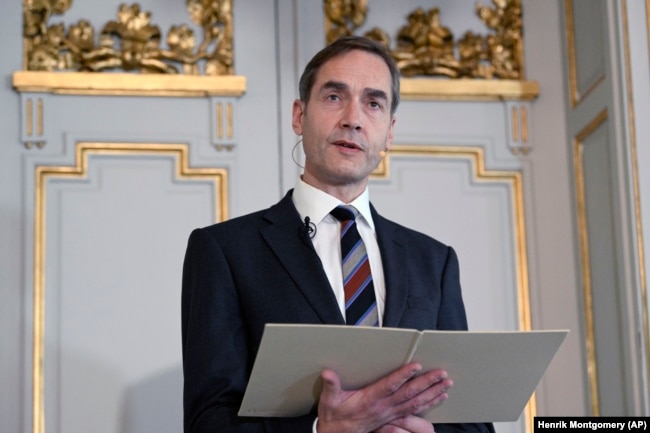Study: Nobel Prize often Goes to Creative Thinkers, Not Specialists

Experts often tell students to center their efforts on a narrow field to get a job after school. But recent research into Nobel Prize winners suggests that wider interests are important.
One of the winners of this year’s Nobel Prize in Chemistry was Danish scientist Morten Meldal. He received the award with two other chemists for their work on “click chemistry.” Click chemistry describes when scientists create materials, such as polymers, that join molecules together even in living things.
Meldal is 68 years old and works at the University of Copenhagen. When describing his career, Meldal said he started out as an engineer but changed to chemistry because, he “wanted to understand the world.”
In a discussion with the Nobel Prize organization, he talked about his co-winner, Carolyn Bertozzi of Stanford University. He said “she has such a broad knowledge of both chemistry and biology and she knows how to utilize her knowledge in a very exquisite way.”
Meldal’s experience and the way he sees things may come as a surprise to students. They might believe they have to center their work and school lives in one field to be successful.
But a study from professors at Michigan State University shows that is not always the case.
Michele Root-Bernstein and Robert Root-Bernstein published their study this spring in the Creativity Research Journal. They said that a large number of Nobel Prize winners can be described as “polymaths.”
Polymaths are people who have many different interests in both their work and personal lives. Sometimes they are called “Renaissance” men or women. That is another way of describing a person who knows a lot about many different fields.

French novelist Annie Ernaux walks after being announced as the winner of the 2022 Nobel Prize in Literature, in Cergy-Pontoise, France October 6, 2022. (REUTERS/Johanna Geron)
The writers looked at past Nobel Prize winners and their students. They decided that when students of winners go on to win Nobel Prizes, some of what they learned from their teachers is how to live a life with many interests. They are, in a way, learning how to be creative.
Having many interests, the Root-Bernsteins wrote, permits scientists to look for creative ways to solve problems. In fact, one important part of science is not discovering answers, but recognizing problems that need to be solved.
The prize winners, the Root-Bernsteins said, transfer “skills, techniques and materials from one field to another.”
They said Alexis Carrel won his Nobel Prize in medicine in 1912 by using techniques he learned from the clothing business. He realized that people who used thread to make and fix clothing had a skill that could be used in operations to put new organs into people’s bodies.
In 1978, a professor from Carnegie Mellon University in Pennsylvania won the Nobel Prize in economics. His name was Herbert Simon. He worked in many parts of the university during his career and supported projects in computer science, artificial intelligence, psychology, philosophy and economics.
Outside of work, he played piano, wrote music, painted, made drawings and played chess.
In a book he wrote about his life, Simon said: “I can rationalize any activity I engage in as simply another form of research…”
One winner in medicine – Christiane Nusslein-Volhard – said in 2003 that she is “very curious and I like to understand things.” She won her prize in 1995 for work she did on genetic controls in the early development of the embryos of insects and fish. But during some parts of her life, she made games called puzzles, drew pictures and wrote a cookbook.

FILE - Abhijit Banerjee and Esther Duflo, two of the three winners of the 2019 Nobel Prize in Economics, speak at news conference at the Massachusetts Institute of Technology (MIT) in Cambridge, Massachusetts, U.S., October 14, 2019. (REUTERS/Brian Snyder/File Photo)

Permanent Secretary of the Swedish Academy Mats Malm announces the 2022 Nobel Prize in Literature, in Borshuset, Stockholm, Sweden, Thursday, Oct. 6, 2022. (Henrik Montgomery/TT News Agency via AP)
The writers, from Vanderbilt University in Tennessee, said double majors are often more creative and more interested in starting their own businesses than those who centered on only one study area.
Other researchers have found that having an outside activity that makes you think can be help predict future success in a job. Some of those activities include playing chess, performing music or creating art.
Words in This Story
click –n. the short, sharp sound made often by something fitting into something else correctly
broad –adj. wide, including many things
utilize –v. to use, to make use of
exquisite –adj. finely done, very beautiful or delicate
technique –n. a way of doing something using special knowledge or skill
transfer –v. to move from one place to another
thread –n. a long piece of material that is used to sew cloth or tissue
artificial intelligence –n. a field of computer science that aims to give machines the ability to “think” like humans
rationalize –v. to think about or describe something in a way that makes it seem correct
engage in –v. (phrasal) to do
curious –adj. to have the desire to learn more about something
mainstream –n. the thoughts, beliefs and choices that are accepted by the largest number of people
original –adj. the first example of something; something unlike other things
https://learningenglish.voanews.com/a/study-nobel-prize-often-goes-to-creative-thinkers-not-specialists/6779339.html